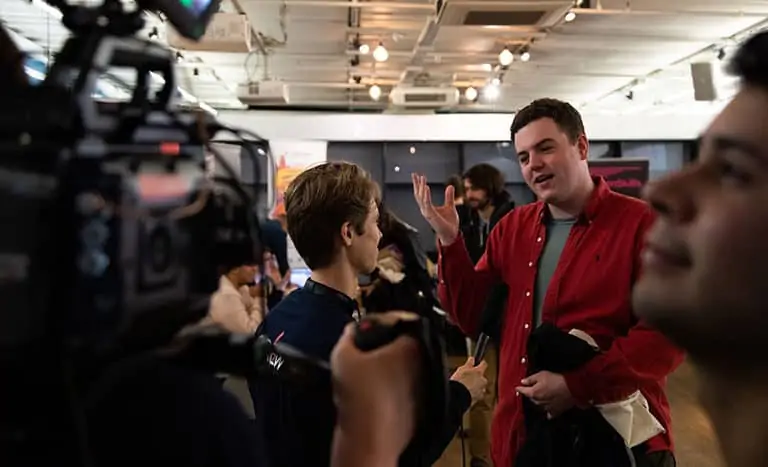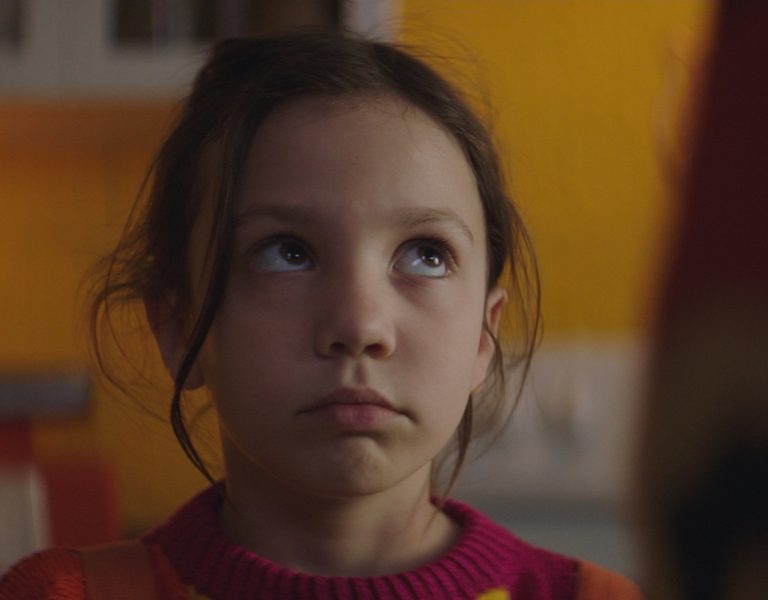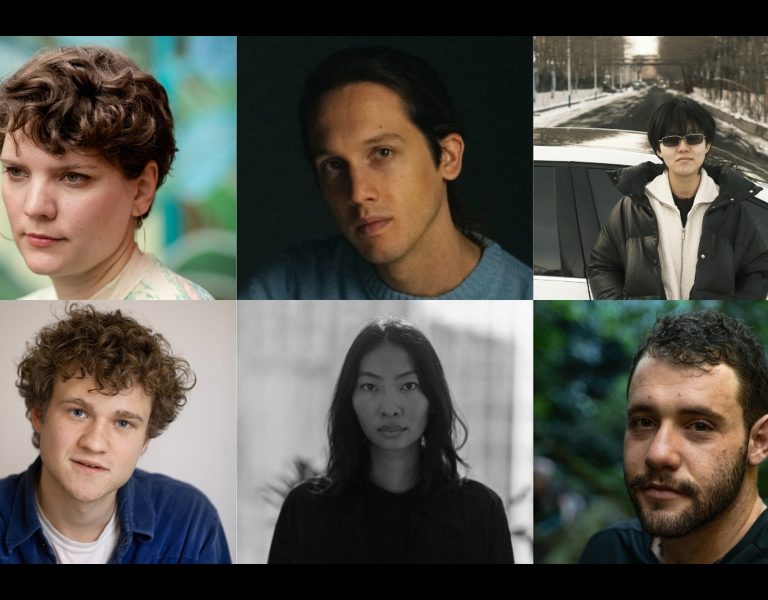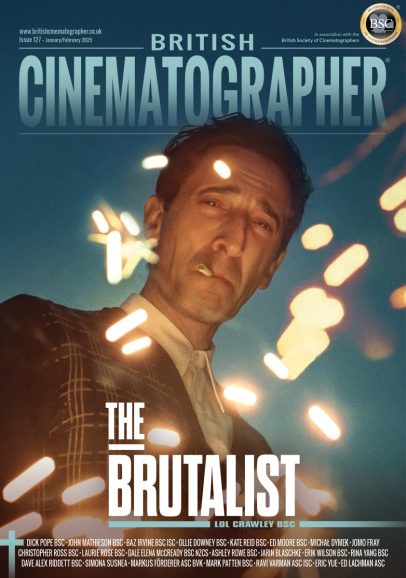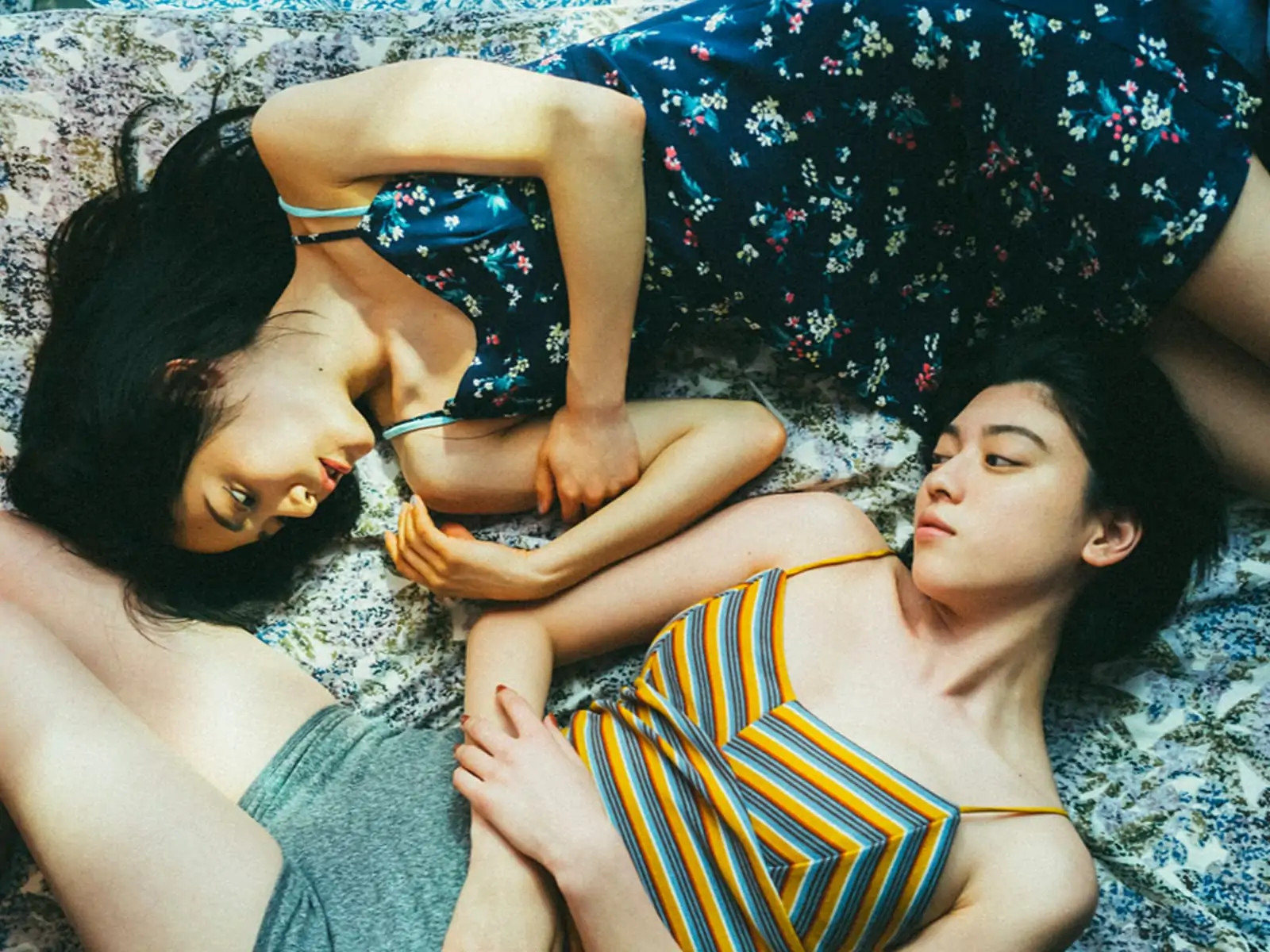
Queer East Film Festival (15 – 26 September) has unveiled its full programme centred on queer storytelling and activism from East and Southeast Asia. This year’s programme includes a selection of 37 features, short films and artists’ moving image works from 15 countries, ranging from new releases to classic retrospectives, mainstream box office hits to radical independent works, accompanied by pre-screening introductions and filmmaker Q&As. A series of online panel discussions with international guests will run throughout the festival period, covering topics such as women in the film industry, queer film festivals, and the development of Asian LGBTQ+ movements.
Launched in 2020, Queer East is a new film festival that aims to amplify the voices of Asian communities in the UK, who have often been excluded from mainstream discourse, despite Asians being one of the country’s fastest-growing ethnic groups. Queer East seeks to facilitate a better understanding of the richness of queer Asian heritage, and to bridge the cultural distance between the UK public and the region. Featuring works made by international filmmakers and Asian diaspora communities, and looking to foster authentic voices, the festival explores a wide range of perspectives, showcasing stories that intersect with personal experiences, cultural norms, and socio-political transitions.
The second edition of Queer East opens with the UK premiere of Daughters (2020), the directorial debut of Hajime Tsuda from Japan; and will close with the multi award-winning Dear Tenant (2020), directed by Taiwanese filmmaker Yu-Chieh Cheng.
This year, the world’s spotlight shone on Japan as the host country for the Summer Olympics. This drew the programmer’s attention to Japan’s history of iconoclastic, inventive and unapologetic queer filmmaking, and its growing strength in advancing LGBTQ+ rights. To mark this, the festival presents ‘Focus Japan’, a ten-film programme that looks back on queer representations in Japanese films from the 1980s until today. It features a double bill from the Japanese maestro Nagisa Oshima; Merry Christmas, Mr. Lawrence (1983) and a rare 35mm presentation of Gohatto (1999); a queer revisiting of the 1995 animation Ghost in the Shell (dir. Mamoru Oshii) and the 20th anniversary screening of Ryosuke Hashiguchi’s Hush! (2001), alongside recent releases like Queer Japan (dir. Graham Kolbeins, 2019) and Close-Knit (dir. Naoko Ogigami, 2017).
Building on the success of last year, the festival’s ‘Focus Taiwan’ strand continues with Days (2020) by the internationally acclaimed auteur Tsai Ming-Liang, the UK premiere of Teddy-award winning director Zero Chou’s Secrets of 1979 (2021), and a special presentation of The End of the Track (dir. Tun-Fei Mou), a rediscovered classic made in 1970. The series also includes an exciting line-up of short films and experimental works that showcase Taiwan’s vibrant queer culture.
Other highlights include a 20th anniversary screening of Lan Yu (dir. Stanley Kwan, 2001), one of the most iconic gay films in the Mandarin-speaking world, presented here in its newly restored version; South Korea’s award-winning drama Moonlit Winter (dir. Daehyung Lim, 2019); and drag comedy Number 1 (dir. Kuo-Sin Ong, 2020) from Singapore.
Significant progress and landmark rulings have been made across Asia in recent years, from India’s decriminalisation of homosexuality to Taiwan’s recognition of same-sex marriage. However, challenges and obstacles remain, and are faced by many people. It is within this context that Queer East explores the various forces that have shaped the current queer landscape in East and Southeast Asia, reflecting on what it means to be Asian and queer today through its curatorial approach.
The pursuit of legal protection for, and recognition of, marriage equality and same-sex families has been one of the focal points in campaigns for LGBTQ+ rights in Asia. Hence, the programme this year has a particular focus on ‘family’, a noun that conveys strong cultural traditions and ideologies.
Yi Wang, festival director and programmer for Queer East, discussed his approach: “By showcasing films that challenge conventional understandings of family kinship, I hope to provoke a conversation about how we understand and interpret the meaning and formation of family, through an alternative queer lens, even when the films do not include obvious LGBT storylines.”
Wang continued: “Global events in the past year, from Covid-19-related anti-Asian attacks to the Black Lives Matter movement, have once again reminded us how vital fair and authentic racial and sexual representation is for our society. LGBTQ+ people have had labels, stereotypes and stigmas imposed on them for a long time. For me, queer is a word without consistent meaning, and we should not settle on a one-note definition. I believe that film is one of the most direct and accessible mediums that allows us to address issues and situations that people simply weren’t aware of before. Films enable us to construct a more positive, inclusive and dynamic LGBTQ+ narrative both outside and within the LGBTQ+ communities.”
Queer East Film Festival is supported by Film Hub London, managed by Film London. Proud to be a partner of the BFI Film Audience Network, funded by the National Lottery. The Focus Japan programme is organised in partnership with the Japan Foundation, with support from Great Britain Sasakawa Foundation, Daiwa Anglo-Japanese Foundation and Japan Society. The Focus Taiwan programme is supported by the Ministry of Culture, Taiwan and Taiwan Film and Audiovisual Institute. This year’s artists’ moving image programme is supported by Arts Council England.
Coming soon – in autumn this year, highlights of the Queer East Film Festival will tour to a number of UK cities including Cardiff, Manchester, Birmingham, Edinburgh, Nottingham, Sheffield and more. Full details and dates to be announced.
You can book tickets for the entire programme here.





